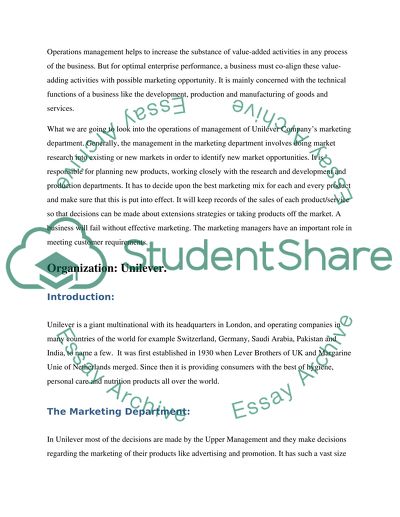Cite this document
(“Operations of Management Essay Example | Topics and Well Written Essays - 2500 words”, n.d.)
Retrieved from https://studentshare.org/macro-microeconomics/1423235-operations-of-management
Retrieved from https://studentshare.org/macro-microeconomics/1423235-operations-of-management
(Operations of Management Essay Example | Topics and Well Written Essays - 2500 Words)
https://studentshare.org/macro-microeconomics/1423235-operations-of-management.
https://studentshare.org/macro-microeconomics/1423235-operations-of-management.
“Operations of Management Essay Example | Topics and Well Written Essays - 2500 Words”, n.d. https://studentshare.org/macro-microeconomics/1423235-operations-of-management.


